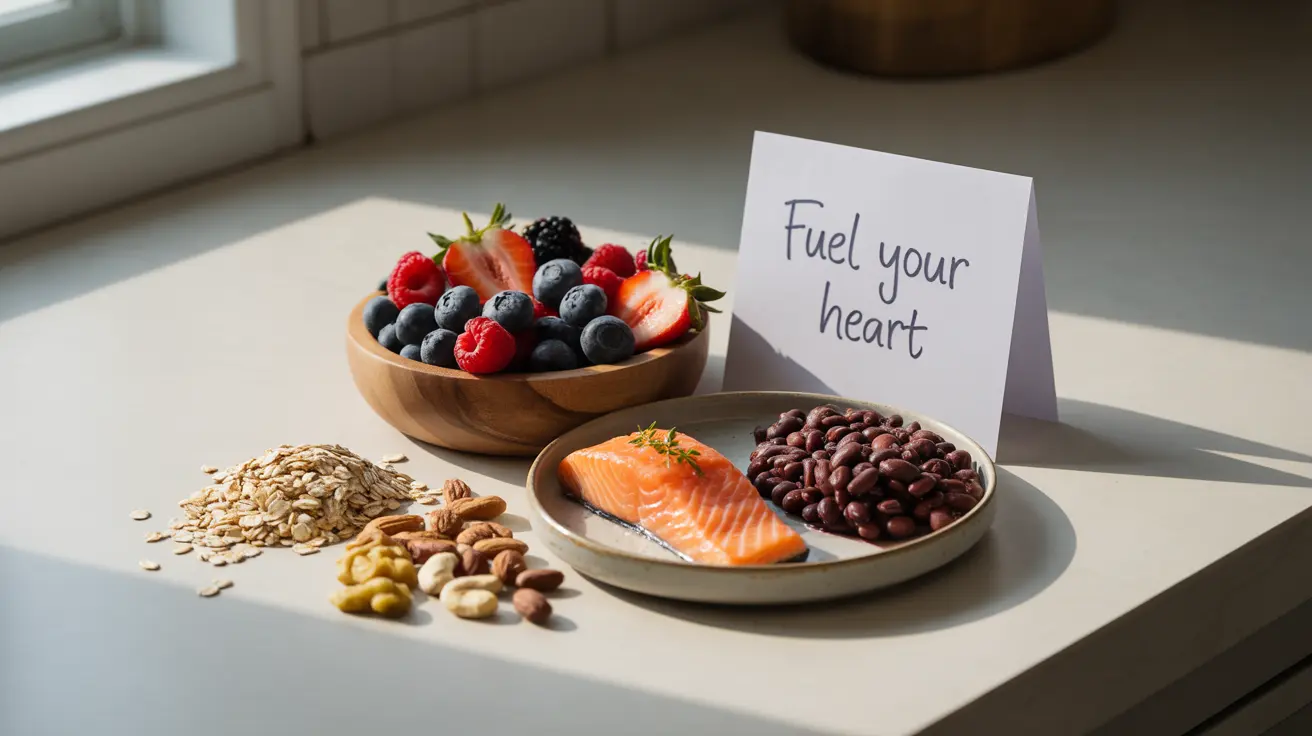Managing your cholesterol levels through diet is one of the most effective natural approaches to heart health. By incorporating specific cholesterol-lowering foods into your daily meals, you can significantly impact your lipid profile and overall cardiovascular wellness. This comprehensive guide explores the most powerful foods that can help reduce your cholesterol levels naturally.
Understanding Cholesterol-Lowering Foods and Their Benefits
Different foods work through various mechanisms to help lower cholesterol levels. Some contain soluble fiber that binds to cholesterol in your digestive system, while others provide healthy fats that can help reduce LDL (bad) cholesterol while supporting HDL (good) cholesterol levels.
Fiber-Rich Foods: Your First Line of Defense
Soluble fiber plays a crucial role in reducing cholesterol absorption in your bloodstream. The following foods are particularly effective:
Oats and Whole Grains
Oats contain beta-glucan, a powerful soluble fiber that can lower LDL cholesterol by 5-10%. Just one bowl of oatmeal daily can make a significant difference in your cholesterol levels.
Legumes and Pulses
Beans, lentils, and peas are excellent sources of soluble fiber and protein. Regular consumption of these foods can help reduce LDL cholesterol while providing sustained energy throughout the day.
Heart-Healthy Fats from Fish and Nuts
Fatty Fish
Salmon, mackerel, and sardines are rich in omega-3 fatty acids, which can help reduce triglycerides and improve overall heart health. Aim for at least two servings of fatty fish per week.
Nuts and Seeds
Almonds, walnuts, and flaxseeds contain healthy fats and fiber that can help lower LDL cholesterol. A daily handful of nuts can contribute to better heart health when part of a balanced diet.
Plant-Based Cholesterol Fighters
Fruits and Berries
Apples, citrus fruits, and berries contain pectin, a type of soluble fiber that helps lower cholesterol. They also provide antioxidants that support heart health.
Plant Sterols and Stanols
Found naturally in vegetables and fruits, these compounds can be particularly effective when consumed through fortified foods. They work by blocking cholesterol absorption in the digestive tract.
Making Smart Dietary Swaps
Replace saturated fats with heart-healthy alternatives by:
- Using olive oil instead of butter
- Choosing lean proteins over fatty meats
- Incorporating more plant-based meals
- Selecting low-fat dairy products
Frequently Asked Questions
What foods are most effective in naturally lowering LDL (bad) cholesterol?
Oats, beans, fatty fish, nuts, and foods fortified with plant sterols are among the most effective foods for lowering LDL cholesterol naturally.
How do soluble fiber-rich foods like oats, beans, and fruits help reduce cholesterol levels?
Soluble fiber binds to cholesterol particles in your digestive system, preventing their absorption into your bloodstream and helping to remove them from your body.
Can eating nuts and fatty fish improve heart health by lowering cholesterol?
Yes, nuts contain healthy fats and fiber that help lower LDL cholesterol, while fatty fish provide omega-3 fatty acids that reduce triglycerides and support overall heart health.
Are plant sterols and stanols in fortified foods helpful for managing cholesterol, and how much should I consume?
Plant sterols and stanols are effective at lowering cholesterol when consumed in amounts of 2-3 grams daily through natural sources or fortified foods.
What dietary changes can I make to replace saturated fats with healthier fats to lower cholesterol?
Replace saturated fats with healthy alternatives by using olive oil instead of butter, choosing lean proteins, eating more plant-based meals, and selecting low-fat dairy products.
Remember, consistency is key when making dietary changes to lower cholesterol. Combine these cholesterol-lowering foods with regular exercise and a balanced lifestyle for the best results in managing your heart health.




